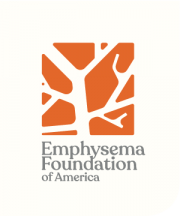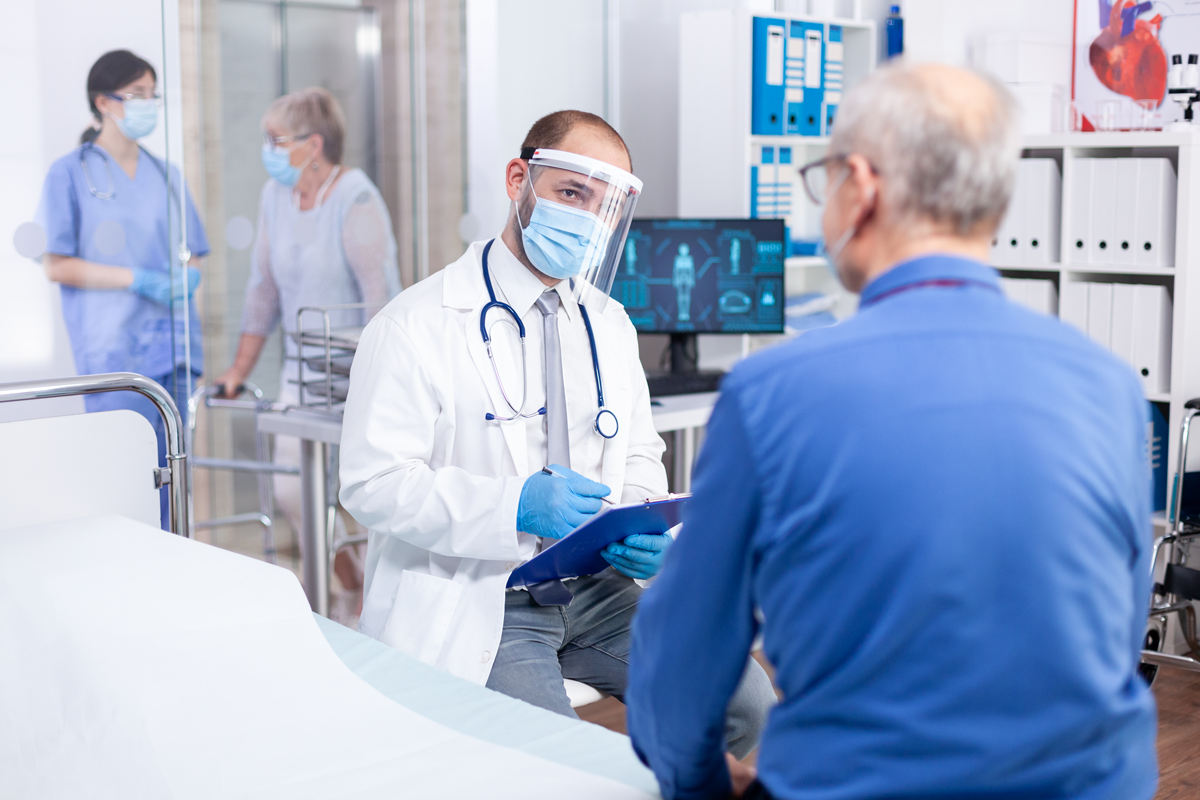Chronic obstructive pulmonary disease (COPD) is one of the world’s leading diseases. Worldwide, an estimated 250 million people suffer from it, 65 million of which have moderate to severe symptoms. In the US, while 15 million people have been diagnosed, it is estimated that another 15 million or so suffer from the disease but don’t know it.
COPD is a progressive disease, primarily caused by cigarette smoking and exposure to harmful airborne irritants like pollution, dust, and chemicals. It’s characterized by coughing, wheezing, and shortness of breath, along with chest pain, tightness and exercise intolerance.
One of the greatest risks associated with COPD is its exacerbations, commonly called flare-ups. This refers to a period of time where COPD symptoms worsen, resulting in severe coughing fits, breathlessness, and more. Flare-ups are commonly compared to asthma attacks, but in certain situations they can be far more severe.
In the event of a COPD flare-up, it’s important that you’re prepared. And if you have a caretaker or loved one who looks over you, they need to be aware of how to react in these situations. Read on to learn more.
Have an Action Plan
An action plan is a sort of ‘instruction manual’ that tells you what to do in a certain situation. If you’ve never experienced an flare-up before then it will be difficult to know exactly what steps to take, but there are plenty of useful resources to help you get started.
Another important part of having an action plan is that it acts as a guide on how to treat symptoms and flare-ups. If you have a plan, you’ll know what symptoms can be treated at home and what symptoms need to be treated by a medical professional. Also, the more you keep up with your action plan, the more likely you will be to prevent flare-ups.
Your primary care doctor or pulmonologist will be a valuable resource for you as you navigate your action plan. By performing various lung function tests and evaluating your lifestyle, he/she will be able to put together an action plan that’s best for you and your circumstances.
Create an Emergency Info Folder
During a COPD emergency, medical information is invaluable. If a caretaker or loved one ever needs to take you to the emergency room, they should have a folder on hand containing important information about your medical history, allergy information, and more. Otherwise, they may be left searching the house when they should be getting you to a hospital.
Here are items that should be included in the folder:
- Your emergency contact card
- Your health insurance card
- A list of medications you take
- A description of your medical condition
- A list of allergies
- A form of medical payment such as an FSA or HSA card
A list of Emergency Contacts
One of the most important things to have on hand is a list of emergency contacts. This can be a group of people that you trust to come get you during an exacerbation as well as people you want to notify while you’re in the hospital.
On your emergency contact list, you should also have the phone number and address of the nearest hospital, your primary care doctor, and any other important contacts you can think of. By having these on hand, your loved one or caretaker will know exactly who to reach out to for help.
Compile an Emergency Care Kit
Most people don’t enjoy spending time in the hospital; they’re uncomfortable and usually don’t make you feel “at home.” However, if you take the time to put together an emergency care kit, you can help mitigate this a little bit and make yourself comfortable until you make it back to your own home.
Some examples of items you might take include: toiletries like a toothbrush, lotion, chapstick, hand sanitizer, or comfortable clothing like your favorite socks, comfortable t-shirts or slippers. Don’t forget to bring some form of entertainment too like a magazine, book, or deck of cards. Put these items in a lightweight bag and keep it near your front door along with your emergency info kit and list of emergency contacts.
COPD is a common lung condition that affects millions of people around the world. However, many people aren’t prepared when it comes to dealing with emergency situations like exacerbations because they’ve never experienced it before.
While you may feel fine now, flare-ups can often come out of nowhere and are usually triggered by things like acute respiratory infection or airborne allergens like pollen, cigarette smoke, or dust. If (and when) they do occur, you need to be prepared.
Follow the steps above, and once you think you’re adequately prepared, be sure to speak with your caretaker, friends, and loved ones so that they’re on the same page. You should also maintain open lines of communication with your doctor and don’t be afraid to reach out to them if you have a question about your action plan.






